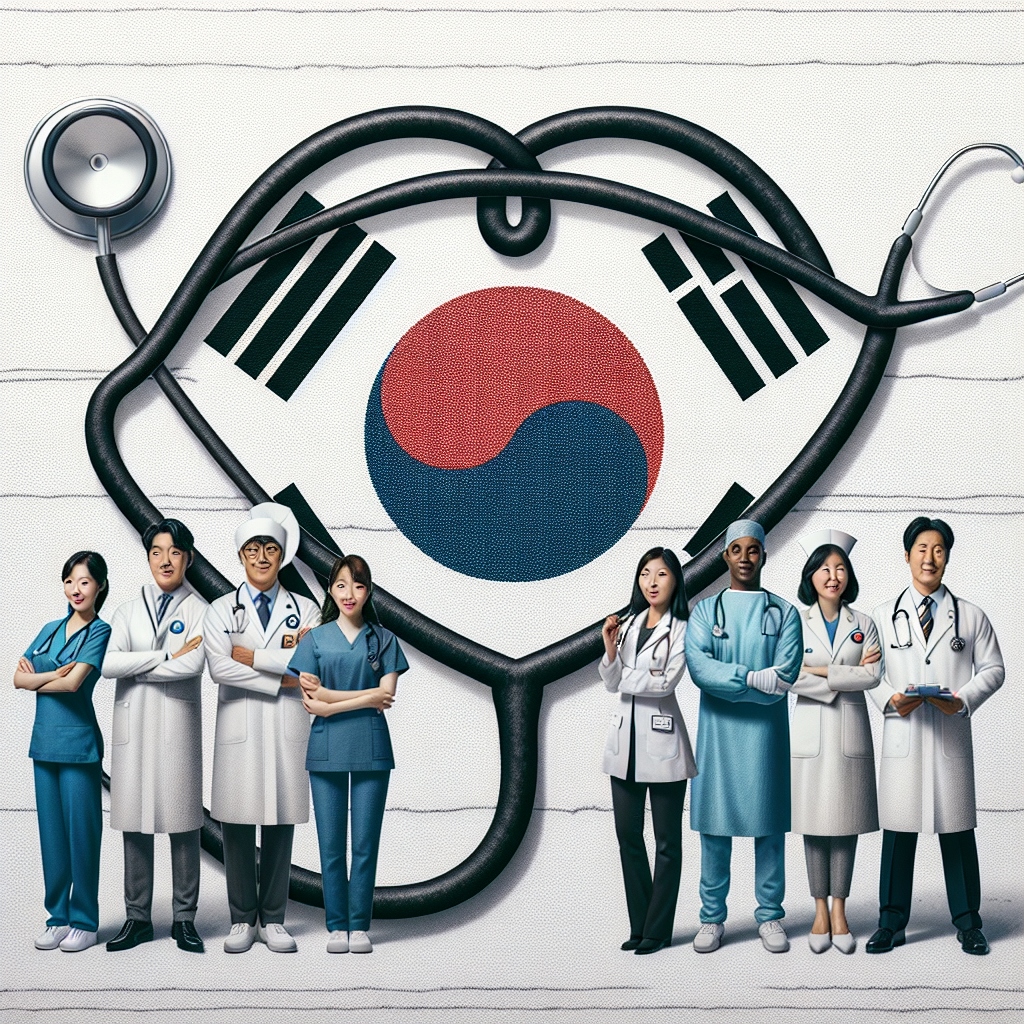South Korea Battles Healthcare Crisis Amid Doctor Strike
South Korea declared a special emergency medical response period due to a young doctors' strike, which has strained the medical system. The government is mobilizing resources, including military doctors, and increasing health insurance fees to support medical professionals. Thousands of trainee doctors protested against a plan to increase medical student numbers, leading to hospital staffing shortages.

South Korea has declared a special emergency medical response period for two weeks in September amid a strike by young doctors that has put immense pressure on the country's healthcare system. Prime Minister Han Duck-soo announced that the government would deploy all available resources to ensure medical services continue uninterrupted.
To support medical professionals during the crisis, the government will temporarily increase the fees doctors receive from health insurance, particularly around the national holiday next week. Specifically, the examination fees at regional emergency medical centers will be raised by 3.5 times, Han said during a televised briefing.
In response to the shortage of medical staff, the health ministry last week began deploying military doctors to assist in hospital emergency rooms. Thousands of trainee doctors, including interns and resident doctors, have protested against a plan to increase the number of medical students by 2,000 annually, which the government believes is necessary to address a projected severe shortage of doctors.
The strike has forced hospitals to turn away patients and has burdened existing doctors with heavier workloads, exacerbating the healthcare strain. Despite this, Han reassured the public that the medical system is not on the brink of collapse. During the upcoming Chuseok holiday, around 8,000 medical clinics and hospitals will remain open daily nationwide, compared to about 3,600 during the earlier lunar New Year holidays.
Han called on citizens to seek medical attention from local clinics for less severe symptoms to avoid overcrowding large hospitals. Meanwhile, Yonhap reported a significant drop in the number of emergency room doctors, bringing some hospitals to consider partially closing their emergency rooms. The health ministry has yet to comment on the situation.
(With inputs from agencies.)










